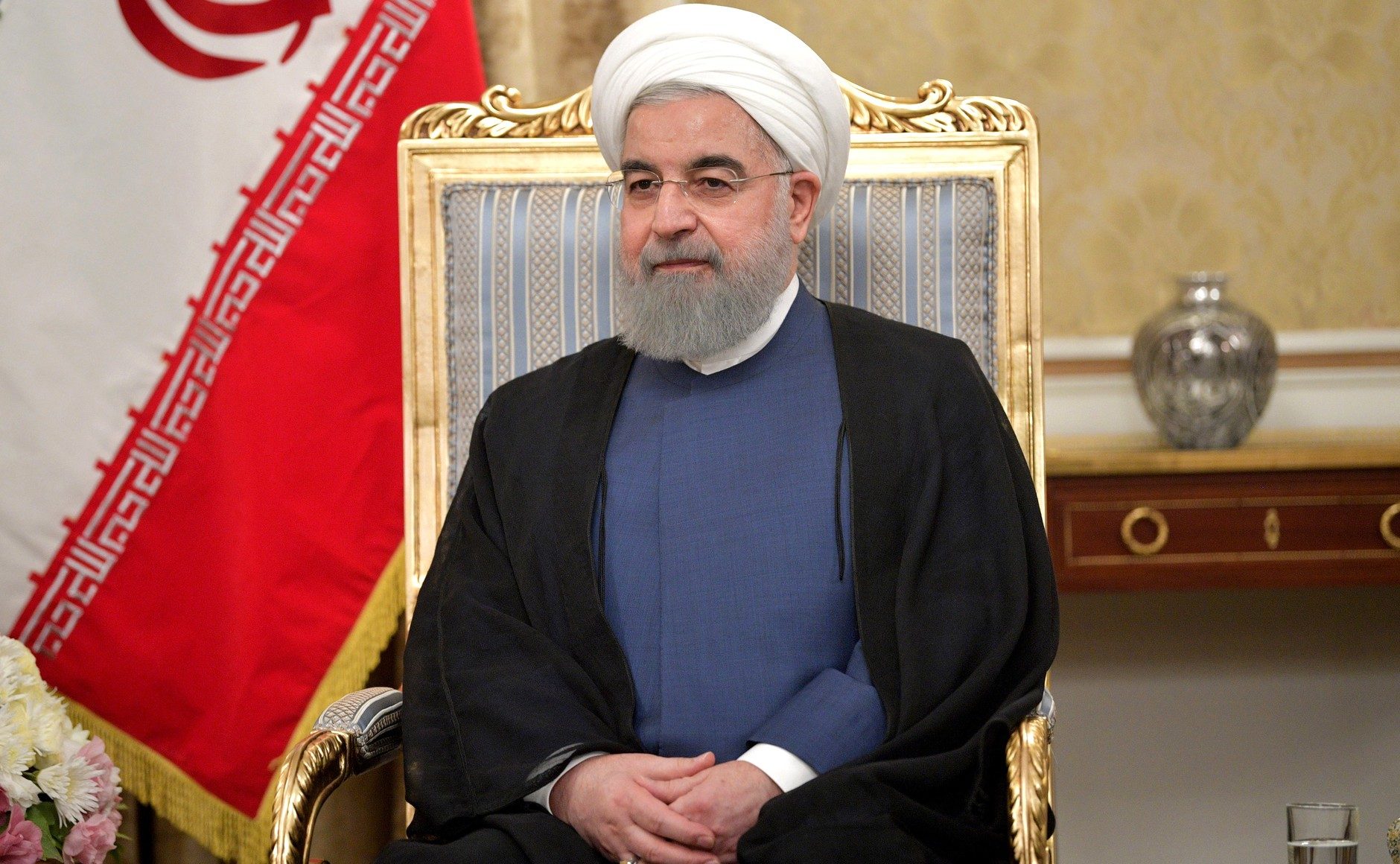Iran warned that the latest attack could sabotage progress made at Vienna talks to restore the 2015 nuclear deal.
Qatar denounced an attack on Iran’s main nuclear enrichment site, describing it as a “dangerous act of sabotage” that threatens regional stability.
Details surrounding Sunday’s targeting of the Natanz nuclear site remain unclear, however Tehran has accused Israel of launching the attack.
On Tuesday, Iran’s foreign minister Mohammad Javad Zarif warned that the attack on the Natanz nuclear facility impacts the current Vienna negotiations over the return of the US to the Joint Comprehensive Plan of Action [JCPOA].
“Americans should know that neither sanctions nor sabotage actions would provide them with an instrument for talks,” Zarif said in Tehran. “They should know that these actions would only make the situation difficult for them.”
Read also: Iran talks in Vienna conclude on ‘positive note’ in first week
In a statement, the Qatar foreign ministry reiterated Doha’s “full support for the course of negotiations over the Iranian nuclear program to reach a comprehensive settlement satisfactory to all parties”.
Israel has not claimed the attack but analysts have pointed towards provocative statements made by Prime Minister Benjamin Netanyahu in recent weeks who described Iran as a major threat.
“I will never allow Iran to obtain the nuclear capability to carry out its genocidal goal of eliminating Israel,” Netanyahu told journalists on Monday following a meeting with US Defence Secretary Lloyd Austin in Tel Aviv.
Israel will “continue to defend itself against Iran’s aggression and terrorism,” he added.
Meanwhile, Israel’s Kan public radio said Israel’s Mossad spy agency had carried out a cyber attack at the nuclear site, citing intelligence sources.
Iran has previously accused Israel of being behind the assassination of its top nuclear scientists, including the Head of the Research Centre of New Technology for Iran’s elite Revolutionary Guards Mohsen Fakhrizadeh, who was killed in a car ambush as he travelled through a district east of Tehran in November.
Read also:‘Right track’: Iran, US agree on path to revive nuclear deal
The latest attack on the nuclear facility comes at a critical time with indirect talks being held between the US and Iran, as well as other members of the historic nuclear accord -China, Russia, Germany, France, and the United Kingdom.
Earlier this week, the US said it witnessed “signs of Iranian seriousness” during the first week of meetings in Vienna. Another session is expected on Wednesday.
“If Iran sticks to the position that every sanction that has been imposed since 2017 has to be lifted or there will be no deal, then we are heading towards an impasse,” senior US State Department official told reporters in a telephone briefing on Friday following the second meeting in Austria.
Iran’s foreign ministry has expressed Tehran’s willingness to continue the negotiations as long as all sides continue to exhibit “political will and seriousness” to revive the deal and lift sanctions.
Despite being a key Israeli ally, Washington’s links to the latest attack remain highly unlikely given President Joe Biden’s keenness to return to the deal. The nuclear accord initially came into effect under President Barack Obama in 2015, when Biden served as vice president.
“The US was not involved in any manner,” White House spokesperson Jen Psaki told journalists at a press briefing on Monday. “We have nothing to add on speculation about the causes.”
Former US President Donald Trump withdrew from the historic deal in 2018 and imposed crippling sanctions on the Islamic Republic.
Follow Doha News on Twitter, Instagram, Facebook and Youtube







